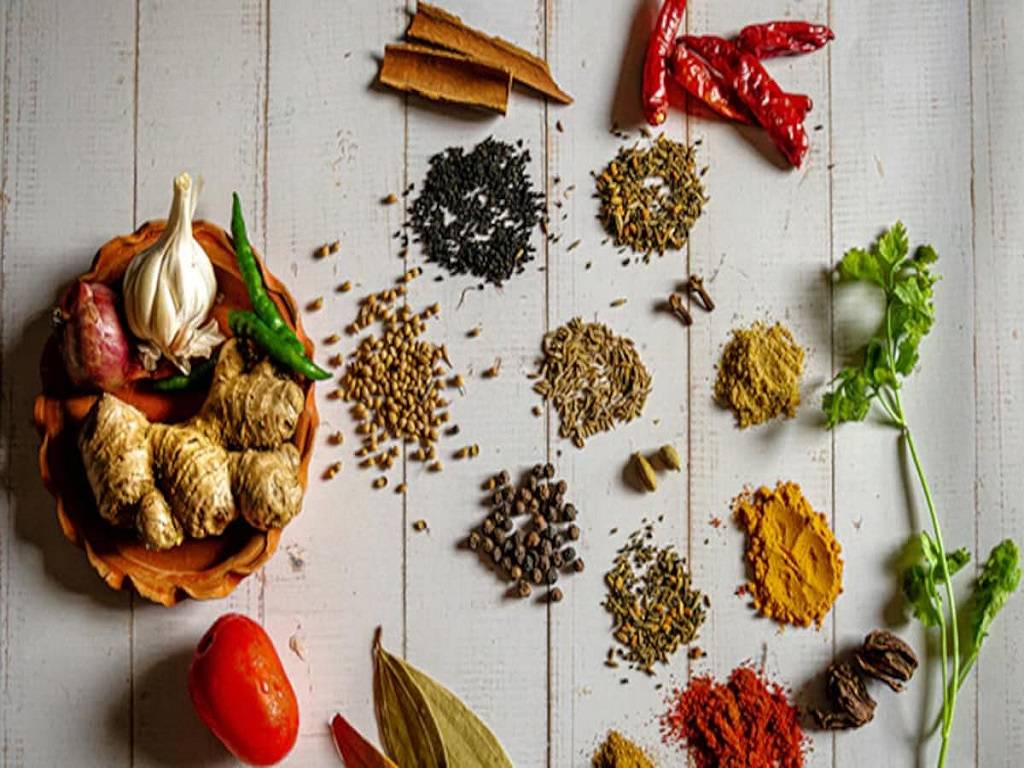
When winter arrives, a variety of health-related problems, including colds, coughs, sore throats, respiratory issues, and aches and pains, can prevent you from taking benefit of the winter weather. Winter's dry air can make it more challenging for your body to fight illnesses, so your immunity can require an extra boost during the colder months.
Here are some cooking spices that one should include in meals and beverages to increase immunity and improve flavor to fight these chilled winters.
1. Cinnamon
In Chinese and Indian medicine, cinnamon is a popular treatment for a wide range of health issues. According to several studies, cinnamon contains chemicals that can help in the management of diabetes and promote weight reduction. Cinnamon's capacity to ease sore throats and alleviate colds is another notable health advantage. It has a lot of proanthocyanins and antioxidant polyphenols, which naturally strengthen your immune system. Additionally, it has a ton of antibacterial, antiviral, and antifungal effects.
2. Cardamom
The flavourful spice is available in both green and black varieties. They both work well for increasing immunity, but cardamom has a special reputation for curing coughs, colds, and other respiratory issues. Cardamom pods can be used in a variety of ways, including tea, water, raw chewing, and commercially available oils. Cardamom oil is great for keeping you warm and immune.
3. Black Pepper
Black pepper is a common ingredient in many wintertime eateries and drinks. It is a strong, pungent spice. It is used in several Ayurvedic kadhas because of its throat-healing properties. The abundance of minerals in black pepper, including vitamin C, flavonoids, antioxidants, and antibacterial capabilities, can boost immunity and ease cold and flu symptoms. The shivers that come with winter can be avoided by drinking a cup of pepper tea in the morning or pepper with honey.
4. Cloves
The anti-inflammatory properties of cloves, which are abundant, can be useful for treating sinusitis, sore throat, cough, cold, and other inflammatory conditions. You can consume raw cloves by chewing them, combining them with hot water and drinking them in the morning, or even adding them to your cup of tea. Clove oil is frequently used to open congested nasal passages. Additionally, it cools the throat and nasal passages.
5. Ginger
The phytonutrients known as gingerol, which give ginger its pungent flavor and provide it antioxidant, anti-inflammatory, and antiviral capabilities, are abundant in ginger. Simple ginger tea can be made by steeping a few slices of fresh ginger root in a cup of hot water to calm your stomach. While giving kids, it can be made more appetizing by adding a little lemon and honey. Fresh or dried ginger powder can be used in flavoring smoothies, Asian foods, sauces, baked products, puddings, soups, and stews.
So, the next time you are battling a cold, flu, or simply feeling under the weather, don't be afraid to try these spices and dig out some healing spices to help you.










